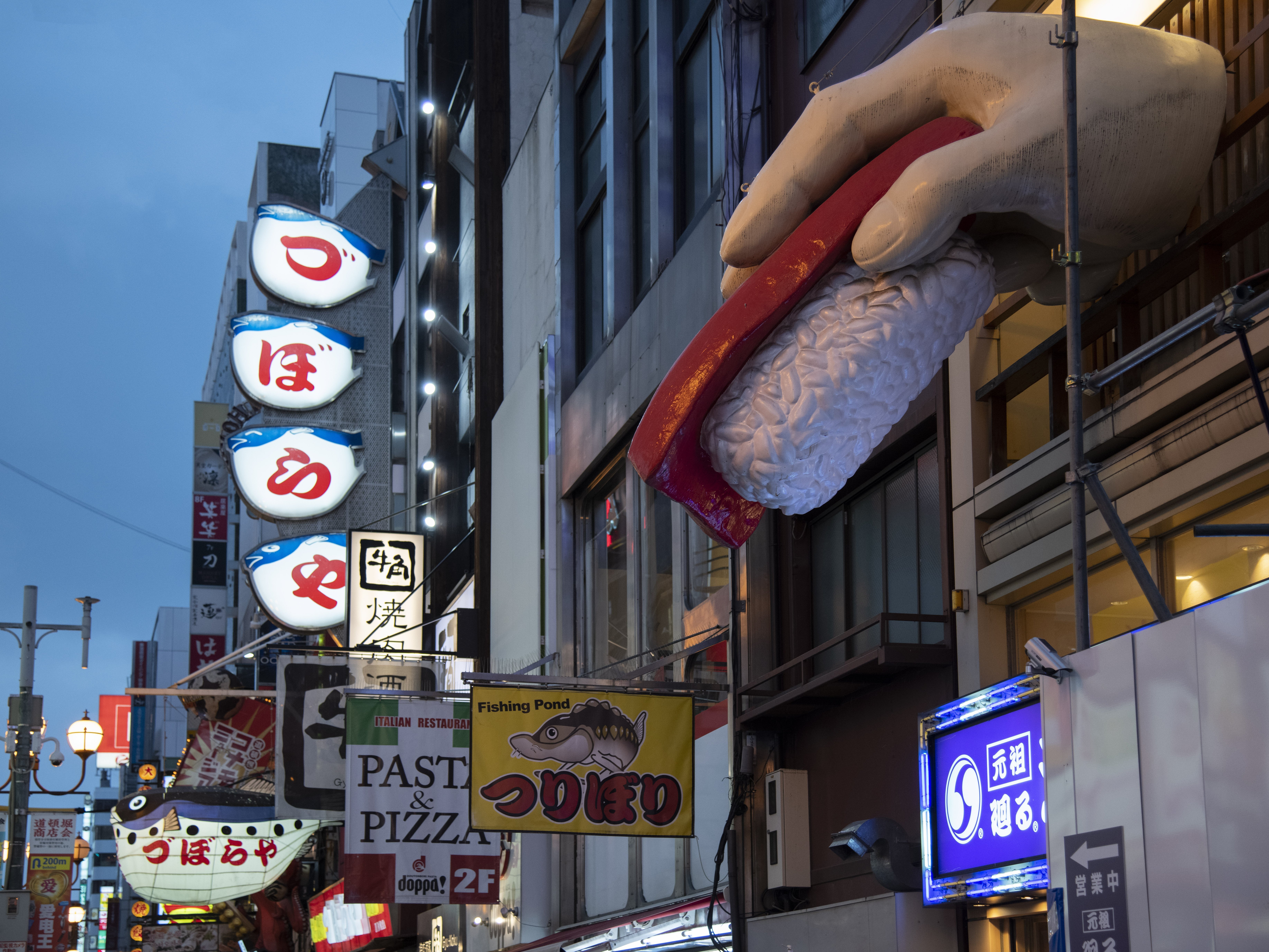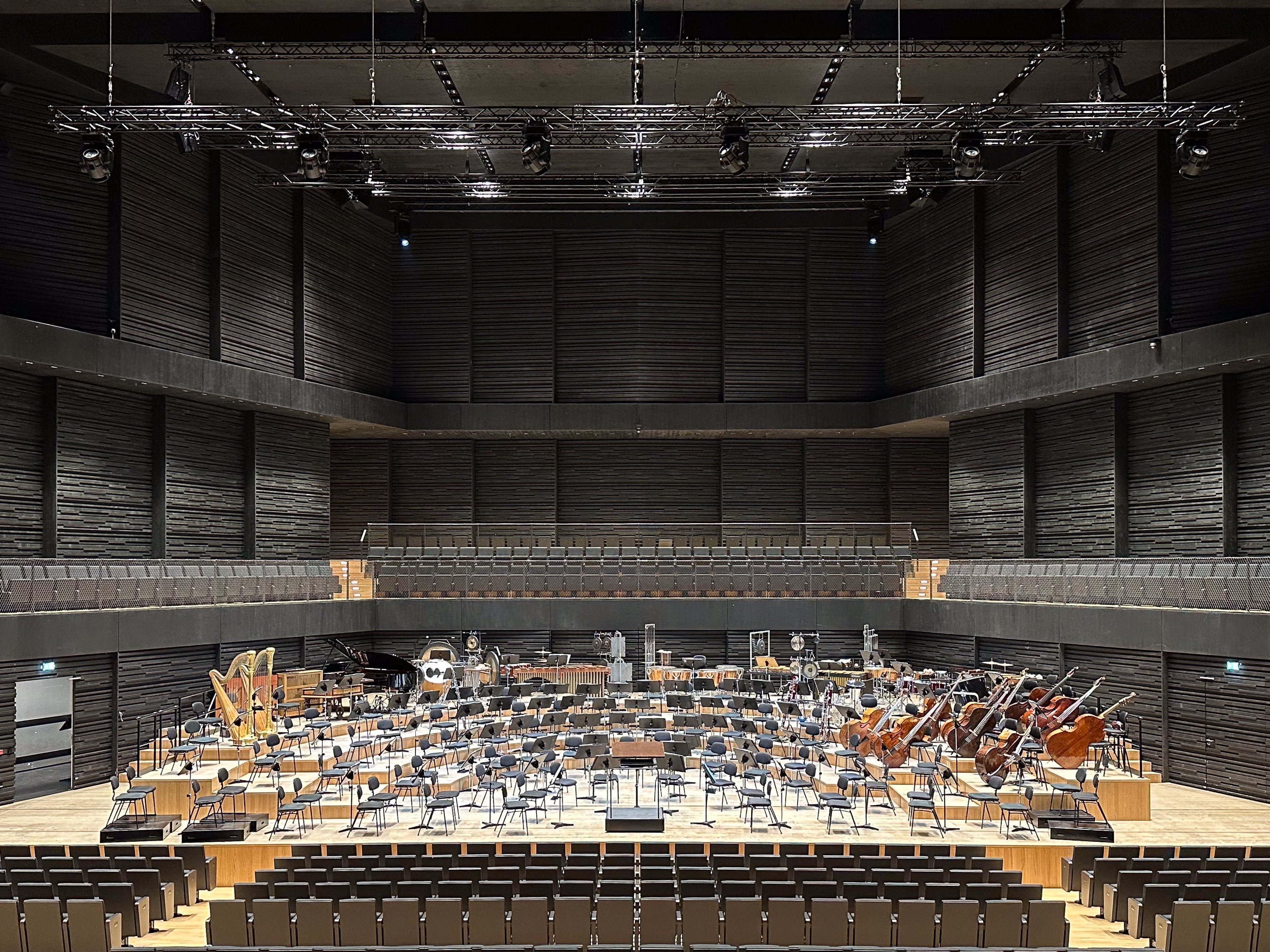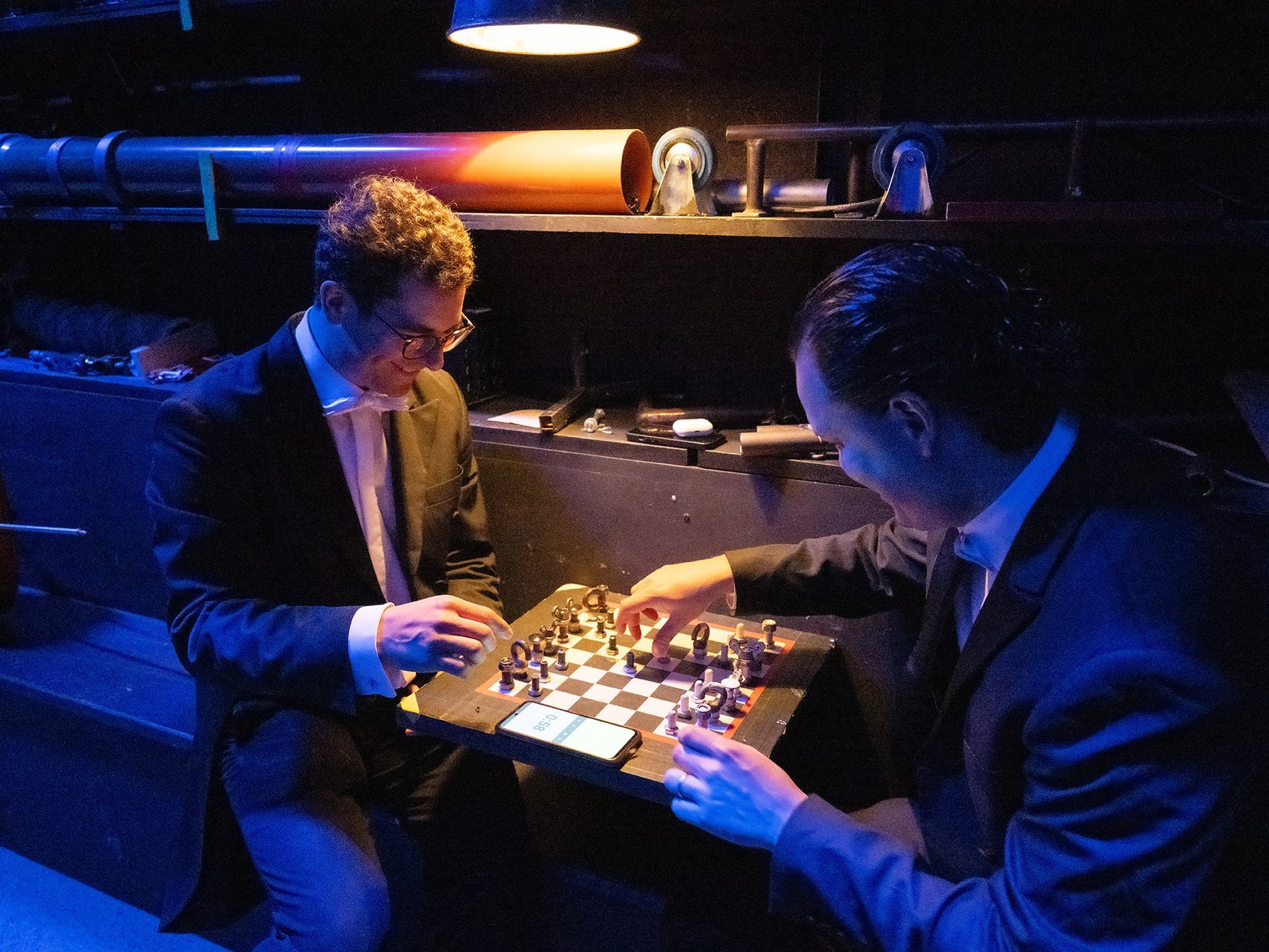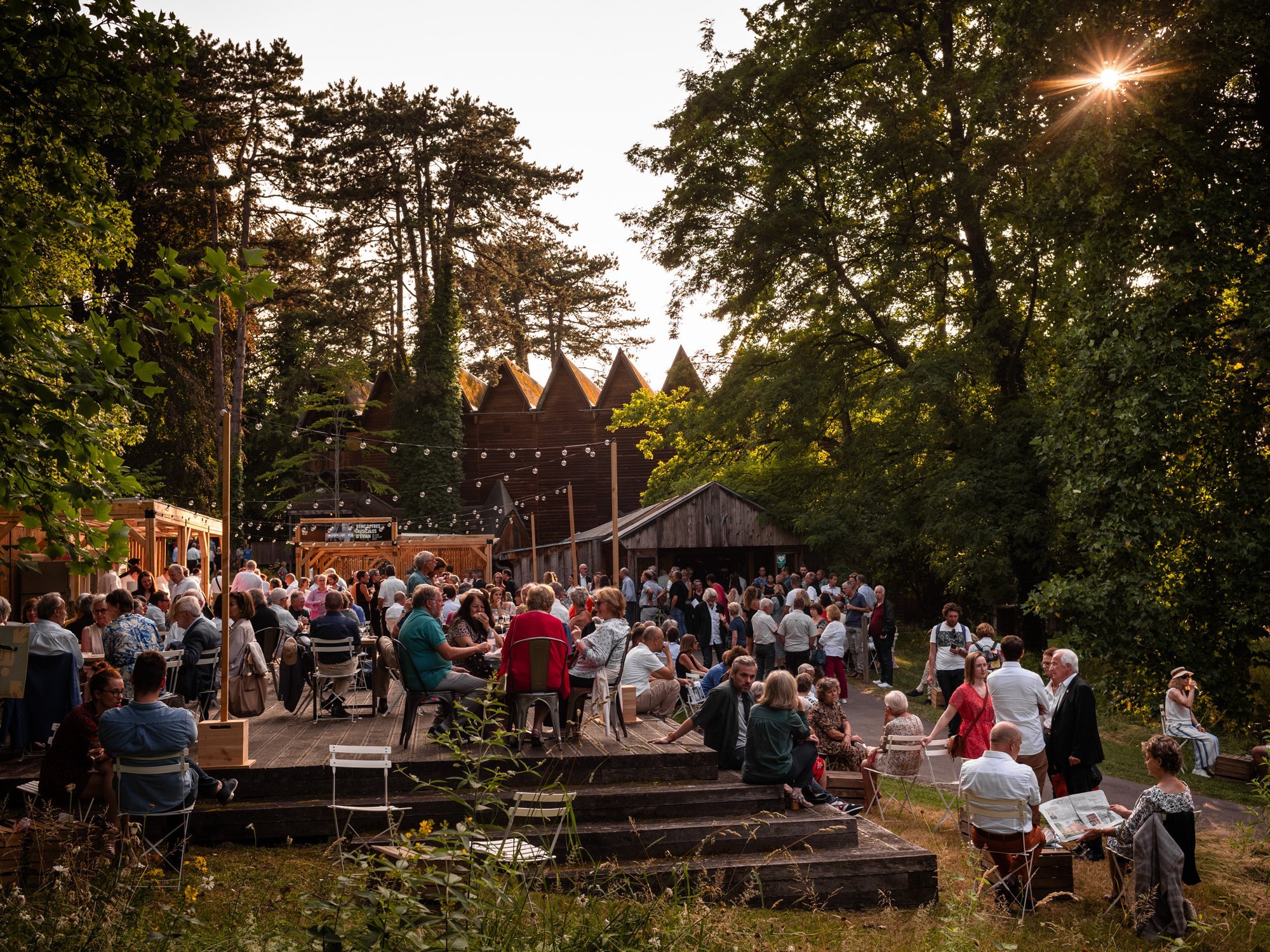The Berliner Philharmoniker’s tour blog
Tour blog overview
The Berliner Philharmoniker is at home all over the world. Follow the musicians on tour with this blog! Photos and videos will give you an impression of their travels to the great concert halls and of their work both on-stage and behind the scenes.

Easter Festival Baden-Baden 2024
The Berliner Philharmoniker and their chief conductor Kirill Petrenko are once again making a guest appearance in Baden-Baden - with Richard Strauss‘ “Elektra” and a diverse concert programme.

Tour of Asia 2023
For the first time, the Berliner Philharmoniker will travel with its chief conductor Kirill Petrenko to South Korea and Japan.

Guest performance Munich 2023
50 years of the Ernst von Siemens Musikstiftung – a reason to celebrate! At the invitation of the “musica viva” concert series and the concert initiative “räsonanz”, Kirill Petrenko and the Berliner Philharmoniker present a birthday concert at the Isarphilharmonie in Munich.

Festival tour 2023
After the season opening concert in Berlin, it's time for the Berliner Philharmoniker and chief conductor Kirill Petrenko to pack their bags! As usual, they are off to the Salzburg Festival and the Lucerne Festival. Afterwards, the orchestra will make guest appearances at the Philharmonie de Paris and the Philharmonie Luxembourg.

Guest performance in Basel and Évian-les-Bains 2023
Two guest performances with Zubin Mehta: The Berliner Philharmoniker play works by Schumann, Mozart and Tchaikovsky in Basel and Évian-les-Bains.